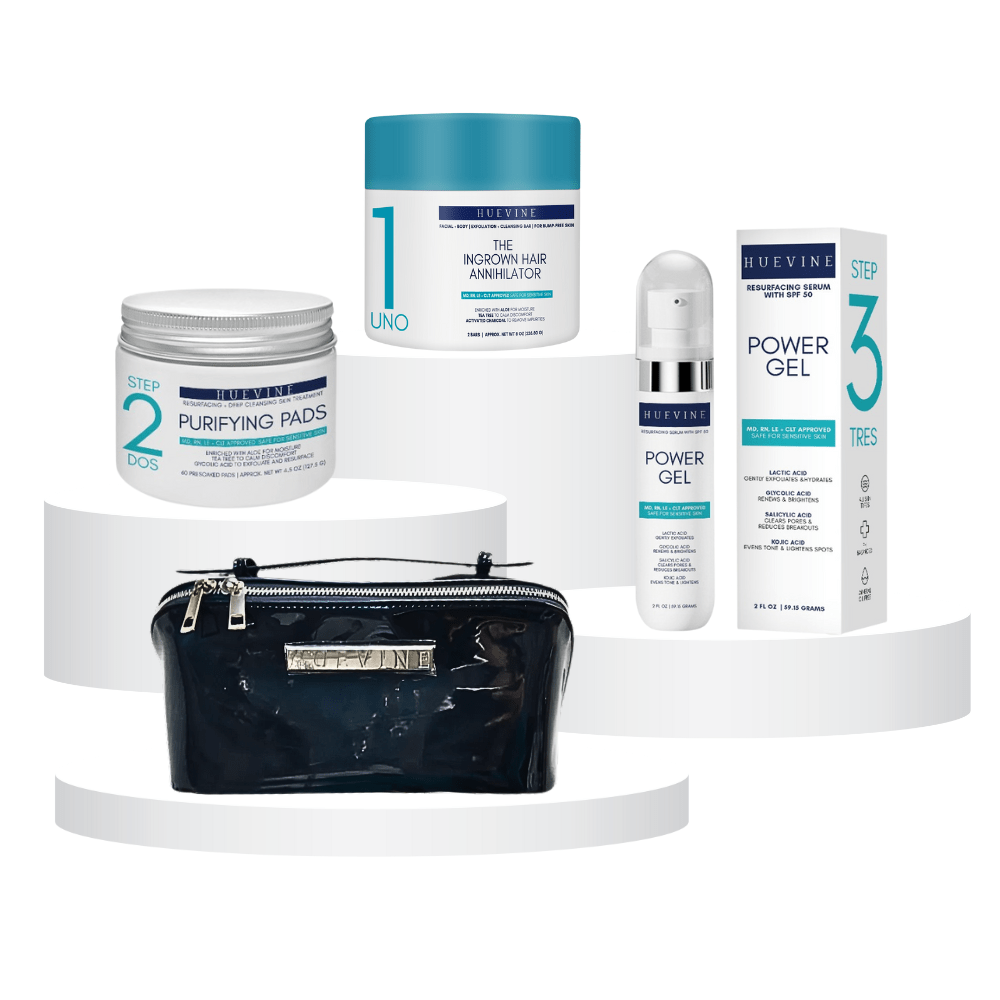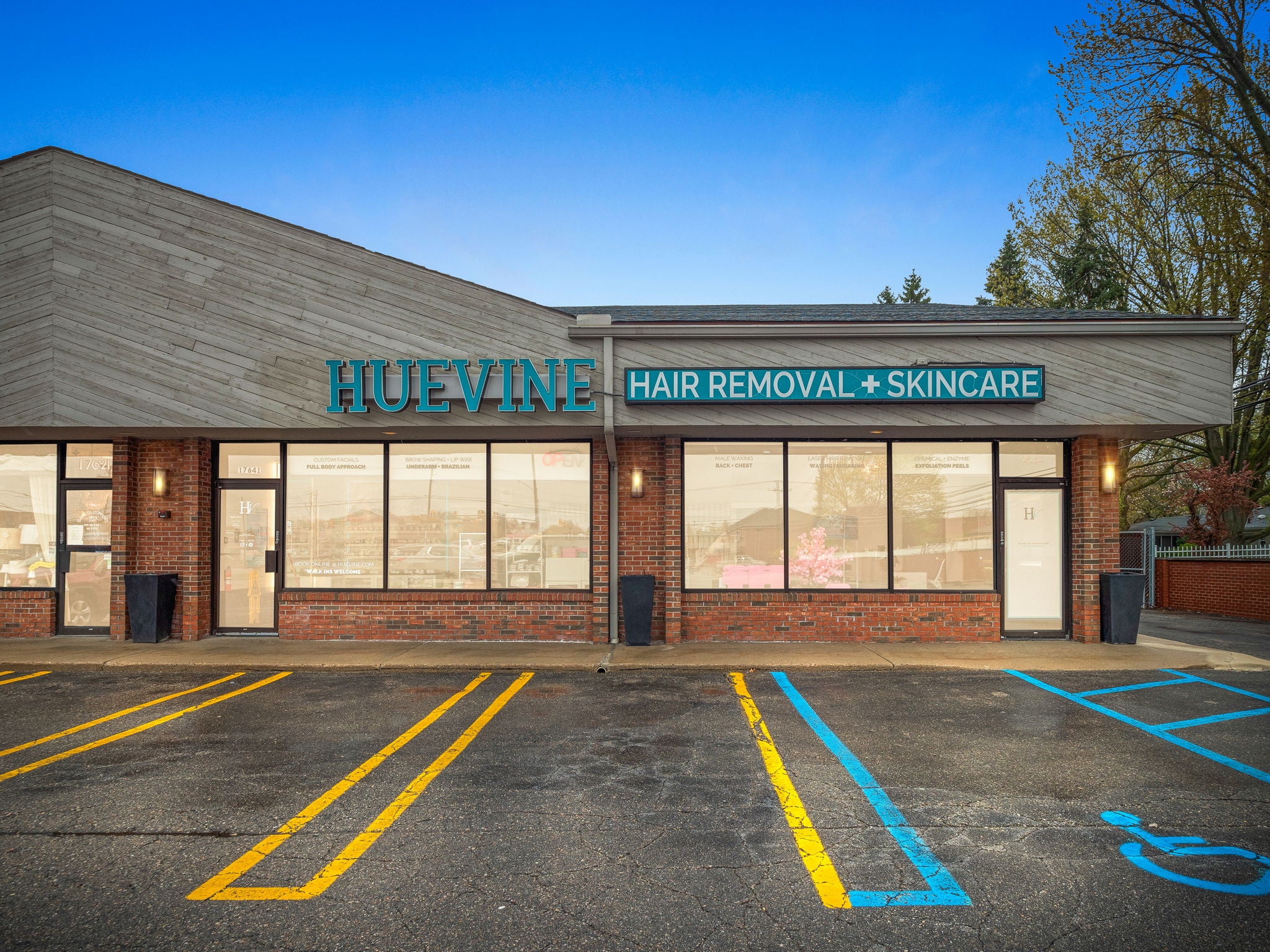
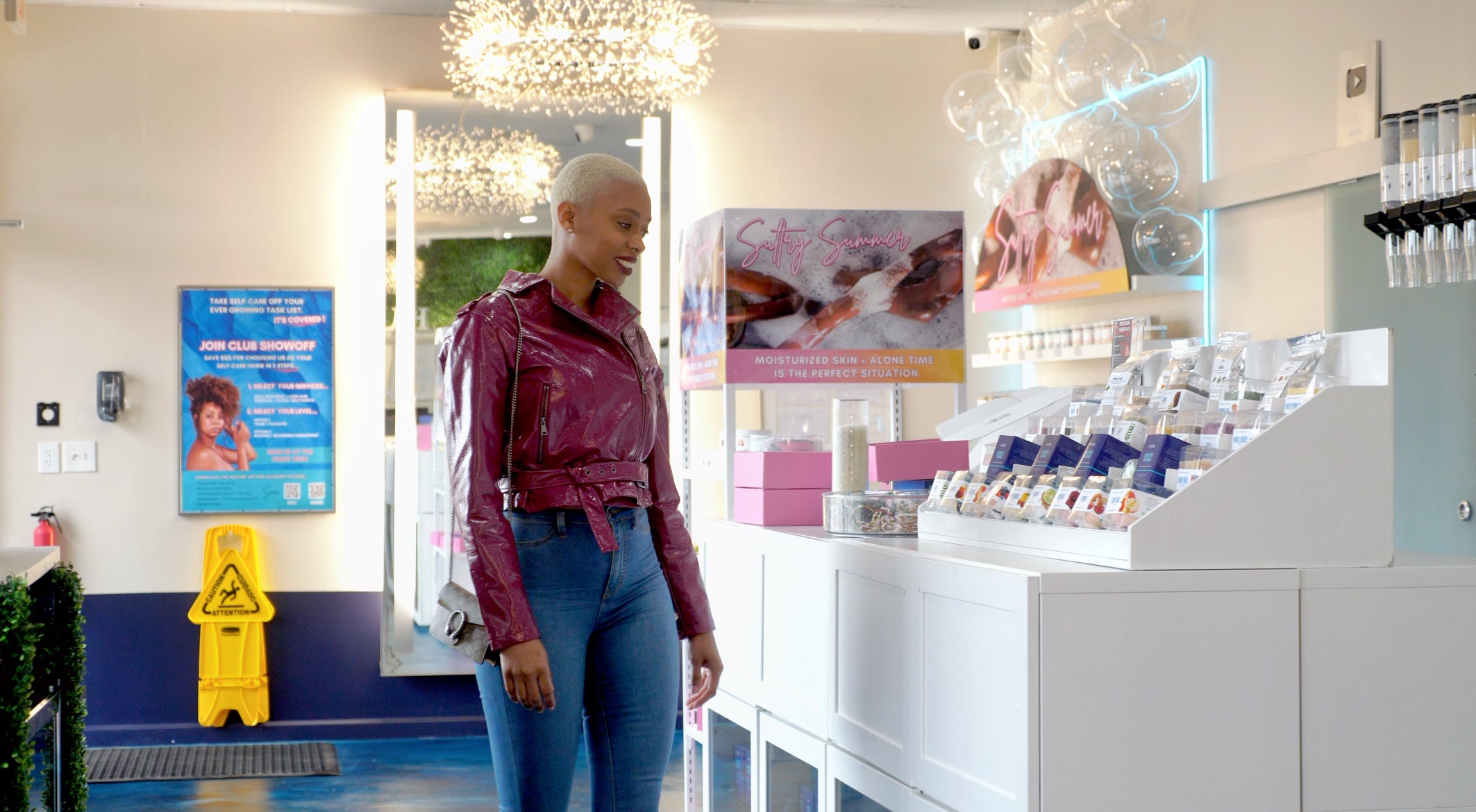
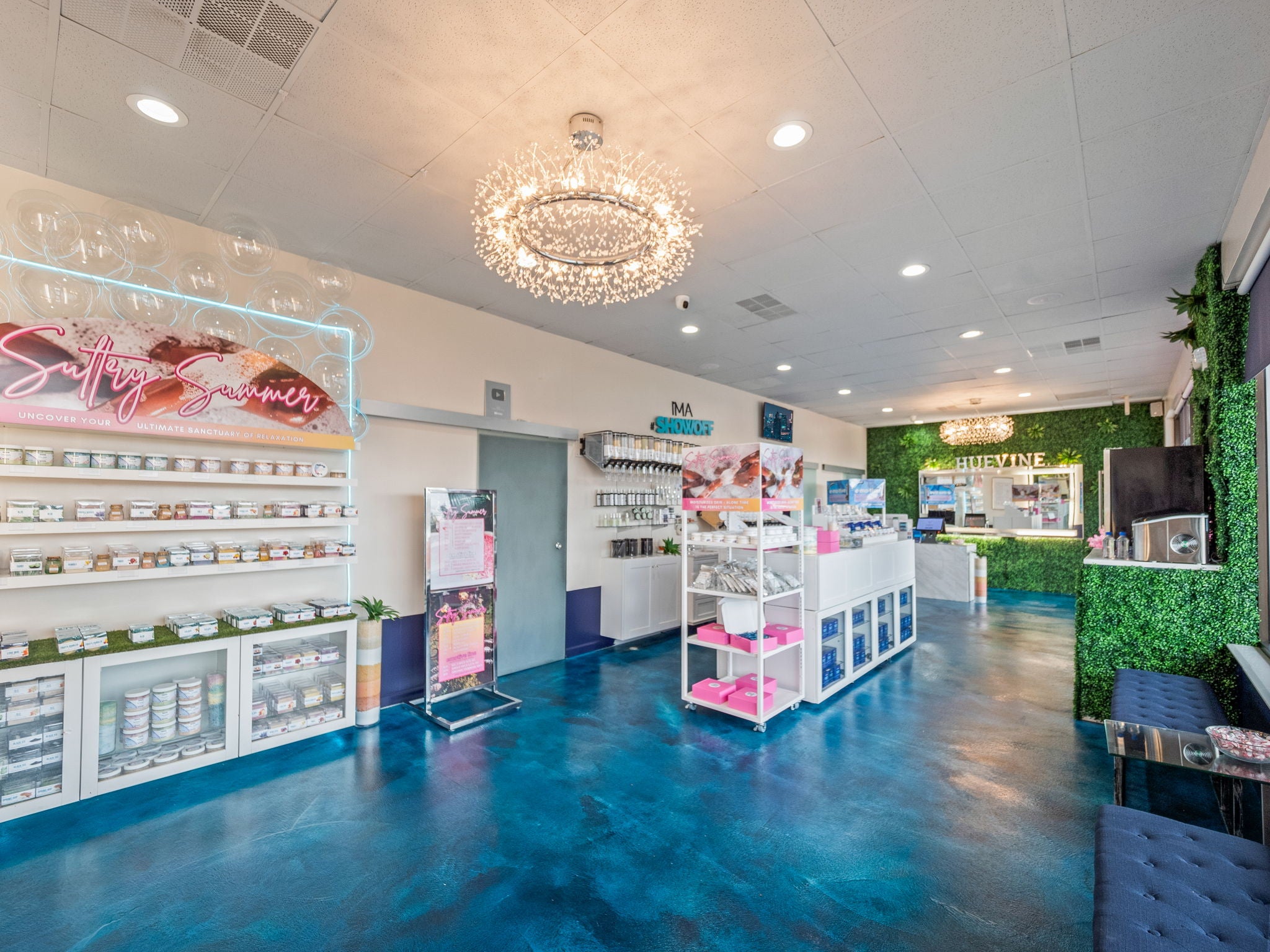
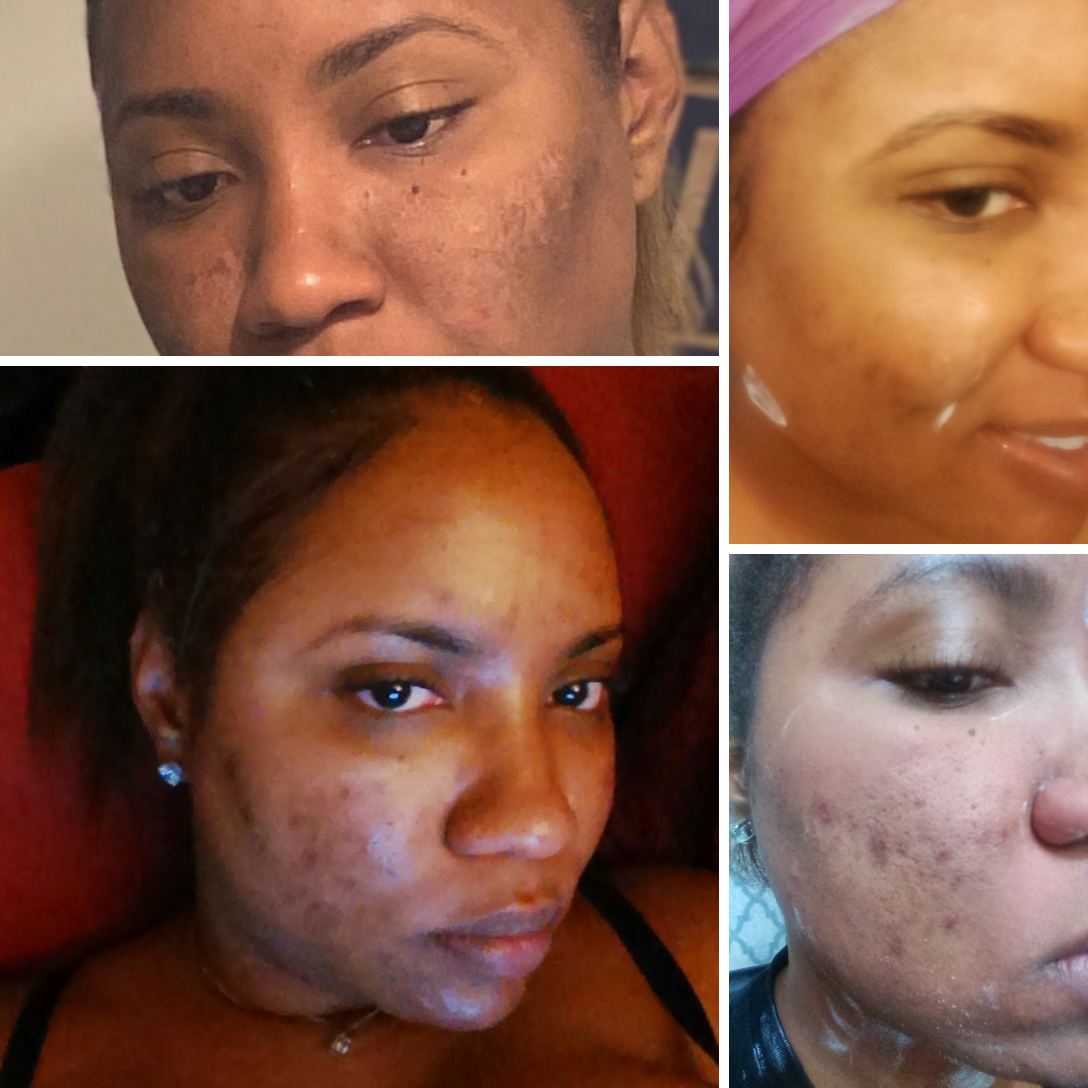
My Journey is Just Like Yours
I see you. You’ve tried the products, followed the routines, and still, your skin doesn’t feel like it reflects the confident, vibrant person you are inside. I’ve been there, too.
Growing up, I dealt with painful cystic acne, dark spots, and ingrown hairs that made me feel like my skin was always working against me. No matter what I tried, nothing seemed to deliver real, lasting results. I remember the frustration, the countless products that overpromised and underdelivered, and the feeling of being stuck.
That’s why I created HueVine Skincare Pro Series—to be the solution I wish I’d had. As someone who’s walked this road, I’ve taken everything I’ve learned from my own journey and my 16 years of experience as a master esthetician to create products that actually work for people like you.
I want you to feel like your skin matches your confidence. I want you to wake up, look in the mirror, and see someone who’s radiant, glowing, and in control. You’ve worked hard to build the life you deserve—your skin should reflect that same energy.
With HueVine, it’s not just about products—it’s about results that make you feel unstoppable. I’m here to help you get there. Let’s take this journey together. Because when your skin thrives, so do you.
our mission
At HueVine, our mission is to empower you to feel confident and radiant in your own skin. We deliver professional-grade skincare solutions that address the most persistent concerns—like ingrown hairs, dark spots, and blemishes—while fitting seamlessly into your lifestyle.
We’re dedicated to creating products rooted in science, designed with care, and proven to deliver real results. Beyond skincare, we’re committed to being a source of education, support, and community, ensuring every client feels seen, valued, and empowered.
With HueVine, self-care becomes more than a routine—it’s your path to a thriving, unstoppable you.
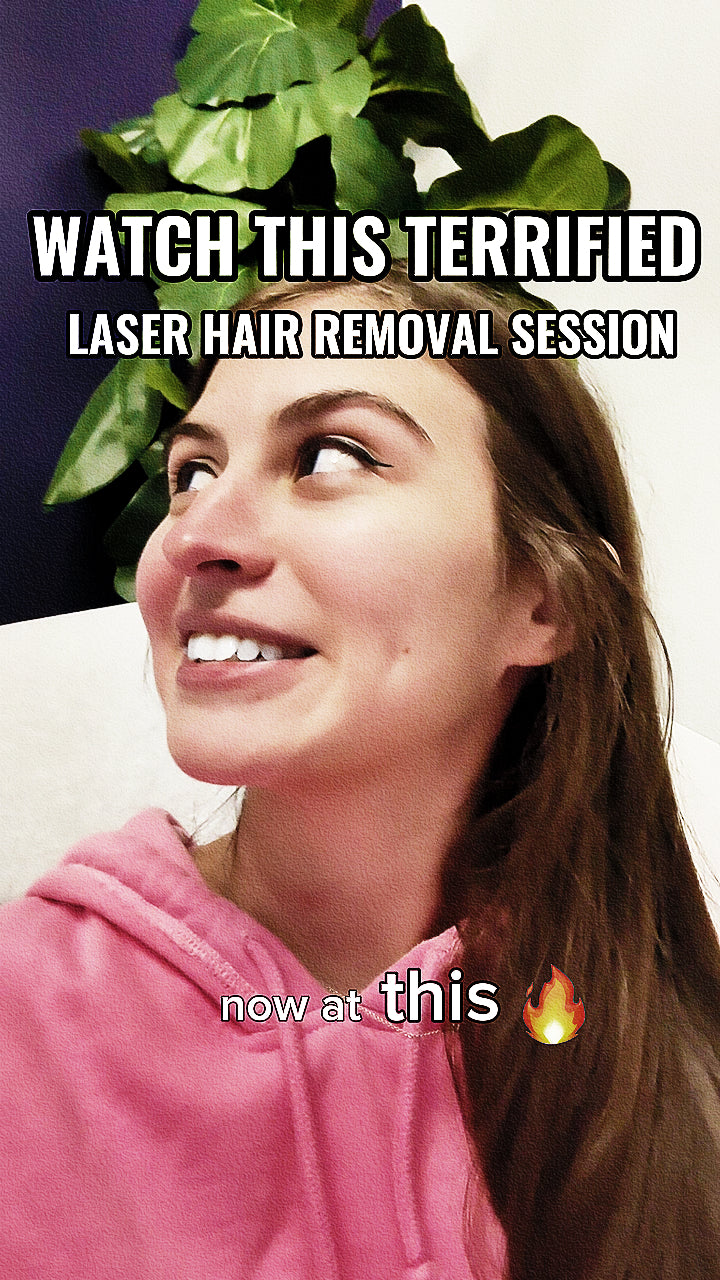
Our Passion for Education & YouTube
To take our passion even further, we created the HueVine YouTube Channel, where Danielle shares her expertise, tips, and insights on all things skincare. From understanding the causes of dark spots to tackling ingrown hairs, we cover it all with relatable, professional advice.
With thousands of viewers and a growing community, our channel is your go-to resource for learning how to care for your skin and boost your confidence. It’s like having a personal esthetician—on demand.
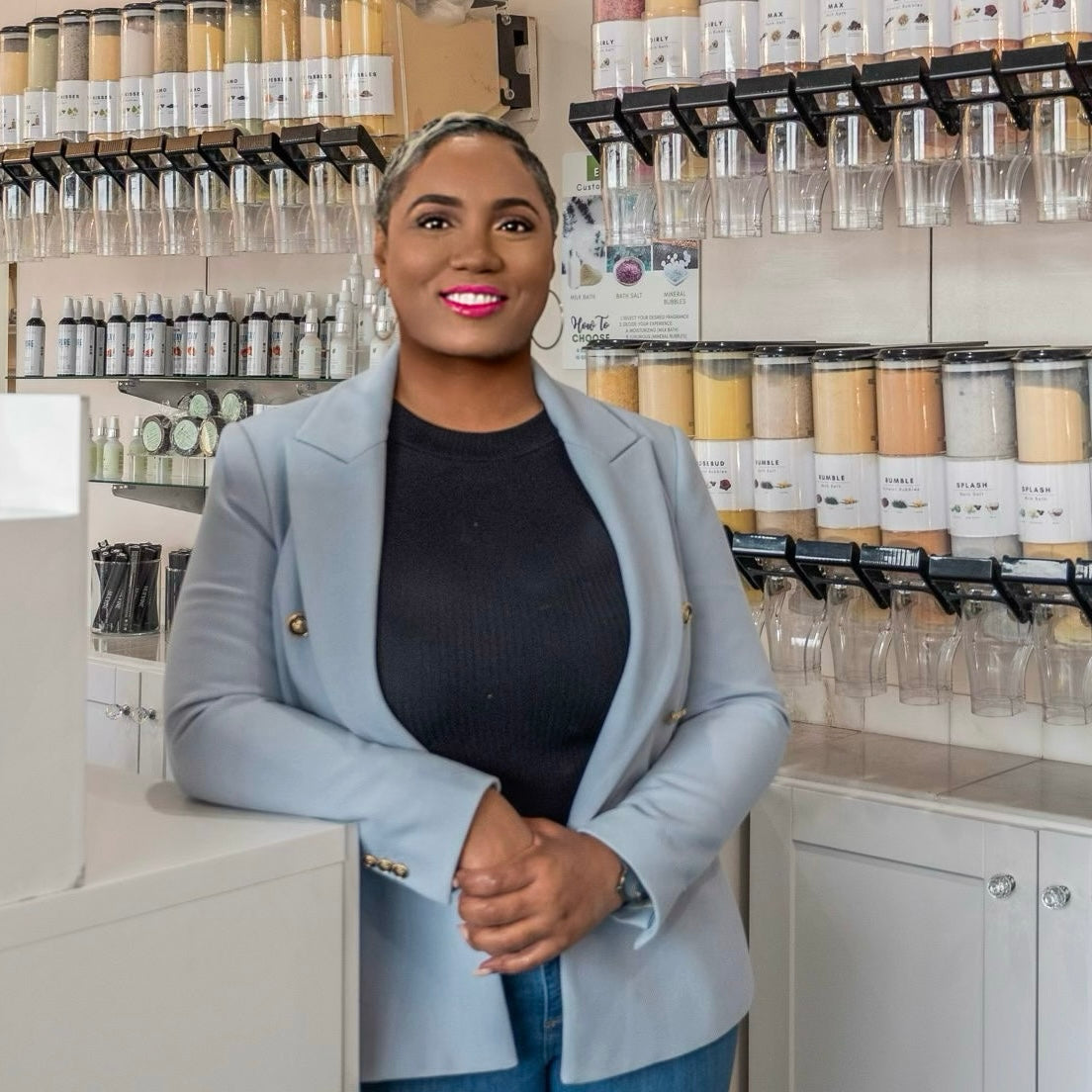
our values
Empowerment: We equip you with the tools and knowledge to feel confident in your skin and in your life.
Integrity: Every product is backed by science, tested for results, and created with care to deliver what we promise.
Inclusivity: We celebrate all skin tones, types, and challenges, creating solutions that meet your unique needs.
Excellence: We’re committed to providing professional-grade products and services that elevate your self-care routine.
Community: We give back by supporting initiatives that uplift individuals and strengthen the bonds within our community.
At HueVine, these values drive everything we do—helping you feel seen, supported, and radiant every step of the way.
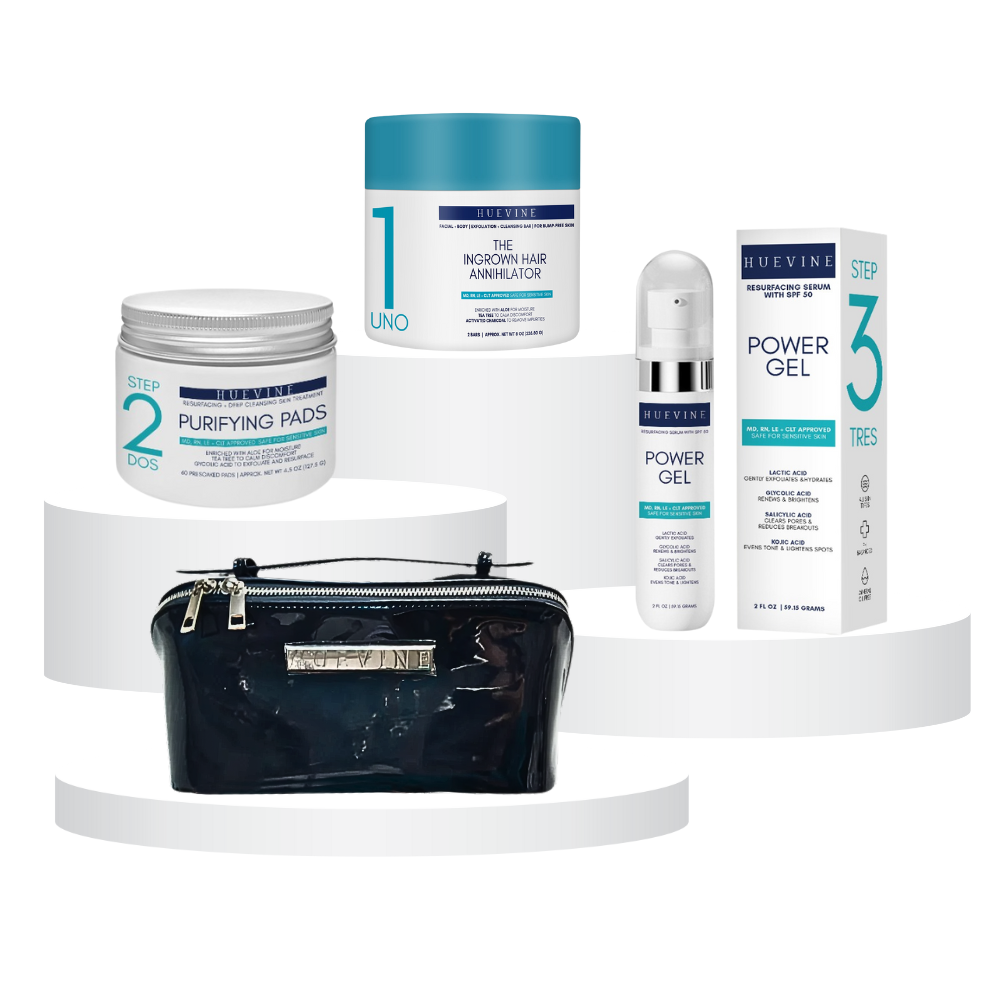
Our Vision
At HueVine, we envision a world where self-care isn’t a luxury—it’s an essential part of living a confident, fulfilling life. Our mission is to empower individuals to embrace their best selves, with skin that reflects the confidence and success they’ve worked so hard to achieve.
We see our clients thriving in every aspect of their lives—balancing demanding schedules, pursuing their goals, and shining in every space they enter. By providing professional-grade skincare solutions that fit seamlessly into their routines, we aim to simplify self-care and make it an empowering daily ritual.
Through our innovative products, expert guidance, and community-driven initiatives, HueVine is here to help you feel radiant, unstoppable, and in control—because when your skin thrives, so do you.
Together, we’re not just transforming skin; we’re elevating confidence and creating lives full of possibilities.

Our Social Initiatives
At HueVine, we believe that true beauty extends beyond skin—it’s about uplifting and supporting the communities we serve. Giving back is at the heart of who we are, and we are proud to lead initiatives that make a meaningful difference in people’s lives.
- Annual Holiday Drive: Each year, we host our Holiday Drive to provide resources and support for families in need, ensuring that everyone has the opportunity to create joyful holiday memories.
- Respite for Caregivers: We understand the emotional and physical demands placed on caregivers. That’s why we’re launching a program to offer them much-needed respite, providing moments of rest, rejuvenation, and care for themselves.
- Accommodations for Time-Restricted Individuals: Life can be hectic, and we want to make wellness accessible for everyone. We’re introducing flexible scheduling and tailored services to accommodate clients with demanding schedules, ensuring they don’t have to compromise self-care.
Through partnerships with local organizations, community events, and these targeted programs, we’re committed to fostering a culture of compassion, empowerment, and support.
At HueVine, giving back isn’t just an initiative—it’s part of our mission to create lasting change and strengthen the bonds that tie us all together. Together, we’re building a more supportive and inclusive community.
